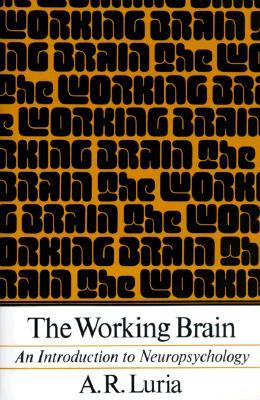16 books
—
2 voters
Neuropsychology

“
It’s just like the eating,’ she explained. ‘I put his usual clothes out, in all the usual places,
and he dresses without difficulty, singing to himself. He does everything singing to himself. But if he is interrupted and loses the thread, he comes to a complete stop, doesn’t know his clothes—or his own body. He sings all the time—eating songs, dressing songs, bathing songs, everything. He can’t do anything unless he makes it a song.
”
― The Man Who Mistook His Wife for a Hat and Other Clinical Tales
― The Man Who Mistook His Wife for a Hat and Other Clinical Tales

“
Our dreams and stories may contain implicit aspects of our lives even without our awareness. In fact, storytelling may be a primary way in which we can linguistically communicate to others—as well as to ourselves—the sometimes hidden contents of our implicitly remembering minds. Stories make available perspectives on the emotional themes of our implicit memory that may otherwise be consciously unavailable to us. This may be one reason why journal writing and intimate communication with others, w
...more
”
― The Developing Mind: How Relationships and the Brain Interact to Shape Who We Are
― The Developing Mind: How Relationships and the Brain Interact to Shape Who We Are
3 members,
last active 10 years ago
2 members,
last active 6 years ago
7 members,
last active 5 years ago
10 members,
last active 9 months ago


































